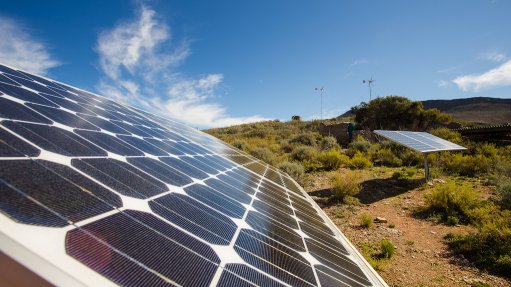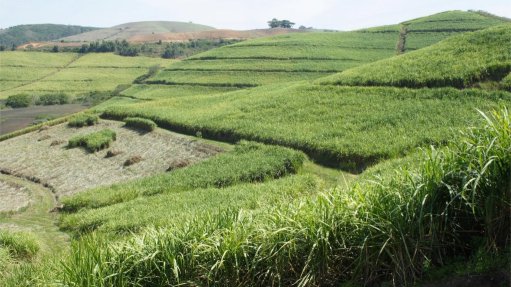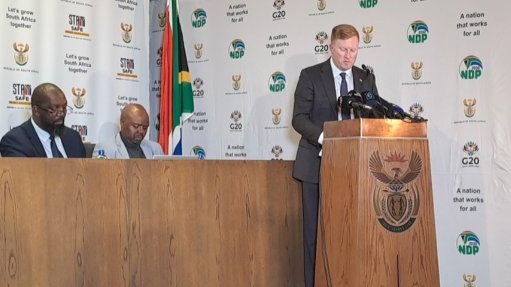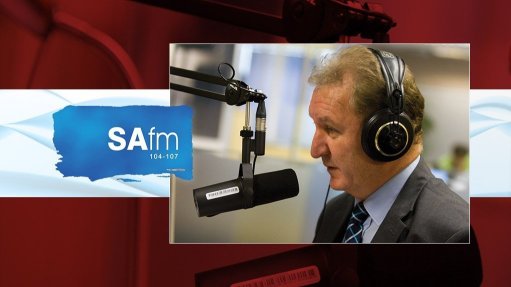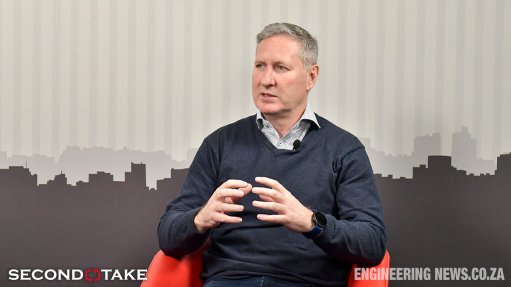Persistent corruption concerns reflect letdowns during sixth administration – Corruption Watch
Nonprofit monitoring organisation Corruption Watch (CW) has confirmed in its latest report that there are significant concerns about the impact of corruption in the country, particularly a marked lack of confidence in the efficacy and ability of law enforcement agencies to tackle corruption.
The report, titled ‘The impact of corruption: Insights from a perceptions and experiences survey’ has been informed by interviews with more than 1 500 respondents over a two-month period across all provinces.
The majority of respondents (764) hail from Gauteng, KwaZulu-Natal and the Western Cape.
Two-thirds of respondents expressed scepticism on law enforcement agencies’ ability to combat corruption effectively, while 49% of respondents exhibited low levels of confidence in the adequacy of anti-corruption legislation and policies.
A third of respondents expressed no confidence at all in the country’s anti-corruption legal frameworks and policies.
CW interim stakeholder relations head Melusi Ncala says it is no longer sufficient or appropriate to speak of good intentions in the anti-corruption discourse.
“Without action, the fight against corruption lacks meaning for those afflicted by human rights violations and inadequate service delivery because the greed of the corrupt impacts them the most.
“As predicted and warned, people have not only lost trust in politicians, but they are distrusting State institutions which are the bedrock of our democracy,” he adds.
Moreover, between 600 and 700 respondents reported interaction with officials in relation to their experiences of corruption. Of these, 24% reported giving a gift or favour to police officers and/or traffic management officials.
About one in ten respondents gave gifts or favours to prosecutors, elected government representatives, prosecutors and/or judges and magistrates.
More than half of respondents indicated a limited understanding of anti-corruption legislation within the South African context, with only 27% reporting a proficient understanding of such laws – this highlights a gap in adequate public awareness and education initiatives.
Notably, CW points out that most respondents who were not confident in the adequacy of laws and policies had limited (47%) or no (35%) knowledge of anti-corruption laws, while 67% of those with little confidence also have a limited understanding of anti-corruption laws.
The report also shows that half of the respondents believe that institutions prioritise issues affecting affluent individuals and neglect the concerns of ordinary citizens – which reinforces perceptions of inequality and exclusivity in the country.
Half of the respondents expressed mistrust in elected and appointed officials, and, interestingly, express more trust in media outlets, religious institutions, legal firms and investigative firms to effectively address corruption concerns affecting ordinary citizens.
Most respondents to the survey (67%) agreed that whistleblowers remain vulnerable to victimisation, violence and death and that whistleblower information is often compromised by officials in the public sector.
More than 80% of respondents believe government is not doing enough to address corruption in the provision of basic services, indicating a clear demand for stricter consequences for corrupt behaviour by government officials.
Ncala says the findings of the latest report are timely as the country heads into national elections later this month. He states that the trust deficit between the elected and the electorate is growing owing to elected representatives having paid mostly lip service to the issues of accountability and transparency.
“The story of corruption is well documented and these citizens provide us with an indication of the country’s mood.
“What remains prior to casting our vote is to reflect on what was promised in the sixth administration with all its missed opportunities and corruption scandals, and to assess what is being promised for the future by all those contesting for power,” Ncala concludes.
Comments
Press Office
Announcements
What's On
Subscribe to improve your user experience...
Option 1 (equivalent of R125 a month):
Receive a weekly copy of Creamer Media's Engineering News & Mining Weekly magazine
(print copy for those in South Africa and e-magazine for those outside of South Africa)
Receive daily email newsletters
Access to full search results
Access archive of magazine back copies
Access to Projects in Progress
Access to ONE Research Report of your choice in PDF format
Option 2 (equivalent of R375 a month):
All benefits from Option 1
PLUS
Access to Creamer Media's Research Channel Africa for ALL Research Reports, in PDF format, on various industrial and mining sectors
including Electricity; Water; Energy Transition; Hydrogen; Roads, Rail and Ports; Coal; Gold; Platinum; Battery Metals; etc.
Already a subscriber?
Forgotten your password?
Receive weekly copy of Creamer Media's Engineering News & Mining Weekly magazine (print copy for those in South Africa and e-magazine for those outside of South Africa)
➕
Recieve daily email newsletters
➕
Access to full search results
➕
Access archive of magazine back copies
➕
Access to Projects in Progress
➕
Access to ONE Research Report of your choice in PDF format
RESEARCH CHANNEL AFRICA
R4500 (equivalent of R375 a month)
SUBSCRIBEAll benefits from Option 1
➕
Access to Creamer Media's Research Channel Africa for ALL Research Reports on various industrial and mining sectors, in PDF format, including on:
Electricity
➕
Water
➕
Energy Transition
➕
Hydrogen
➕
Roads, Rail and Ports
➕
Coal
➕
Gold
➕
Platinum
➕
Battery Metals
➕
etc.
Receive all benefits from Option 1 or Option 2 delivered to numerous people at your company
➕
Multiple User names and Passwords for simultaneous log-ins
➕
Intranet integration access to all in your organisation






